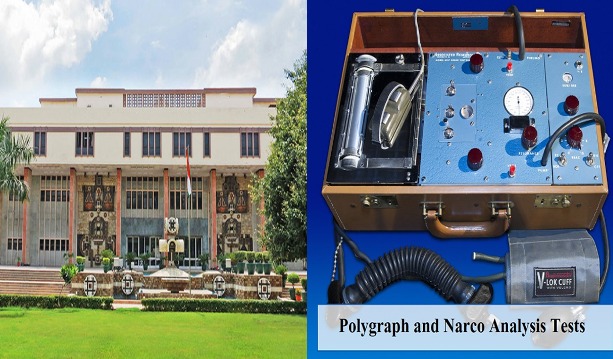
The Delhi High Court reserved its decision on Monday on a PIL asking the Delhi Police to ask complainants if they are willing to undergo scientific tests such as Narco Analysis and Brain Mapping in order to prove the allegations and control “fake cases.”
While dealing with the public interest litigation (PIL) petition by BJP leader Ashwini Upadhyay, the division bench of Chief Justice Satish Chandra Sharma and Justice Subramonium Prasad remarked that prayers sought would involve changes to the Code of Criminal Procedure (CrPC) and such directions cannot be passed by the court.
Upadhyay’s petition also requests that the police ask the accused if they are willing to submit to such scientific tests to prove their innocence and record their statements in the chargesheet in order to “reduce police investigation time and precious judicial time.”
A directive is also sought for India’s Law Commission to investigate “best practices of developed countries” and prepare a detailed report on “fake cases.”
During the hearing, as Upadhyay was pressing his prayers, Chief Justice Sharma remarked,
“Mazak thodi hai. CrPC hai sahab (It is not a joke. It is CrPC). Kaha likha hua hai ki ek vakya (sentence) aur puch skte hai? We won’t go beyond CrPC. Please show us that this is mandatory provision in CrPC that the police is required to ask [the complainant]? We are not lawmakers.”
Upadhyay argued in his petition that narco-analysis is not compulsion because it is simply a process of extracting information through disinhibition.
“Petitioner submits that one can seek protection under Article 20(3) when he is charged with an offense and forced to be a witness against himself but recording her statement “whether she is willing to undergo Narco Analysis, Polygraphy and Brain mapping test to prove her allegation or innocence” won’t offend Article 20(3),” the plea stated.
Respondents in the petition include the Union Ministries of Home Affairs and Law and Justice, as well as the Delhi Government, Delhi Police, the Central Bureau of Investigation, and the Law Commission of India.




